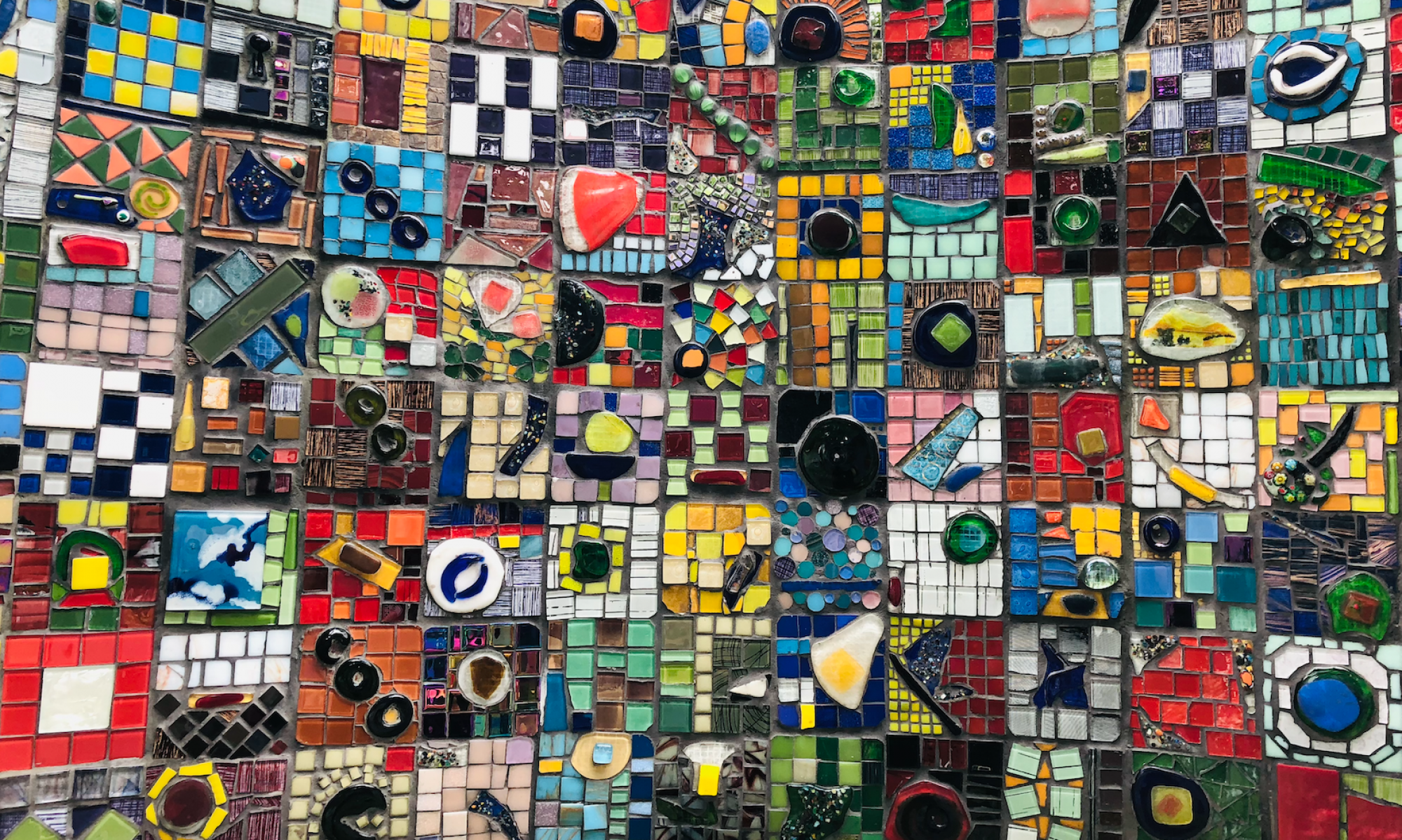In response to the mainstreaming of reconciliation as well as growing demands for decolonization and #LandBack, settler conservation organizations in what is currently known as Canada have begun to confront their historical and ongoing complicity in colonialism, including the displacement and dispossession of Indigenous Peoples. By “setter conservation organizations” we mean public and private conservation organizations, land trusts, protected areas, parks, public agencies, and other entities focused on land and environmental protections that are not only led by settlers but are also dominated by settler staff and boards, and predominantly organized according to the norms and values of western conservation.
As Iñupiaq (Inuit) conservation biologist Victoria Qutuuq Buschman (2022) observes, “Many researchers and organizations are calling for the end of colonial approaches [to conservation] in favor of those that support Indigenous communities” (p. 2). However, in practice, the work of interrupting and reorienting inherited colonial approaches to conservation is extremely challenging and complex. It is often only through the process of actually attempting change that settler conservation organizations begin to realize the full extent and complexity of the difficulties and opportunities that are involved in this work, and the stamina that is required to sustain it through the inevitable ups and downs. This report examines some of these dynamics.
No single text or resource about confronting colonialism in conservation will be universally relevant for all audiences. While this report may be useful to others, it was written primarily for an audience of settler conservation organizations. This report intends to support people (especially settlers) in these organizations to grapple with some of the complexities and challenges involved in efforts to rethink mainstream conservation practices in ways that are more accountable to Indigenous Peoples and lands. Drawing on relevant critical literatures, reports, case studies, and interviews with conservation leaders, the report can serve as a resource for organizations either beginning this work or seeking to deepen their efforts in this area. Although the report focuses on the Canadian context, it will likely have relevance in settler colonial countries as well.
The report does not offer definitive answers, prescriptive best practices, or universally-relevant formulas for change. Instead, it: reviews the colonial foundations of western conservation; maps current conversations within the field of conservation, especially the complexities and challenges that arise in efforts to confront colonialism; reflects on lessons learned from the existing efforts of settler conservation organizations to enact change, including learning from both successes and failures; offers some provisional orienting frameworks for those engaging in this work; and gestures toward possible pathways forward in the short-, medium-, and long-term.
Although we do not prescribe a specific destination for this work, we suggest that if settler organizations seek to confront colonialism in conservation, they will need to start by accepting responsibility for their complicity in historical and ongoing colonial harm and committing to enacting material and relational repair with Indigenous Peoples. This is not a one-time activity but rather entails a long-haul journey of learning and unlearning that requires honesty, humility, and (individual and organizational) maturity.
